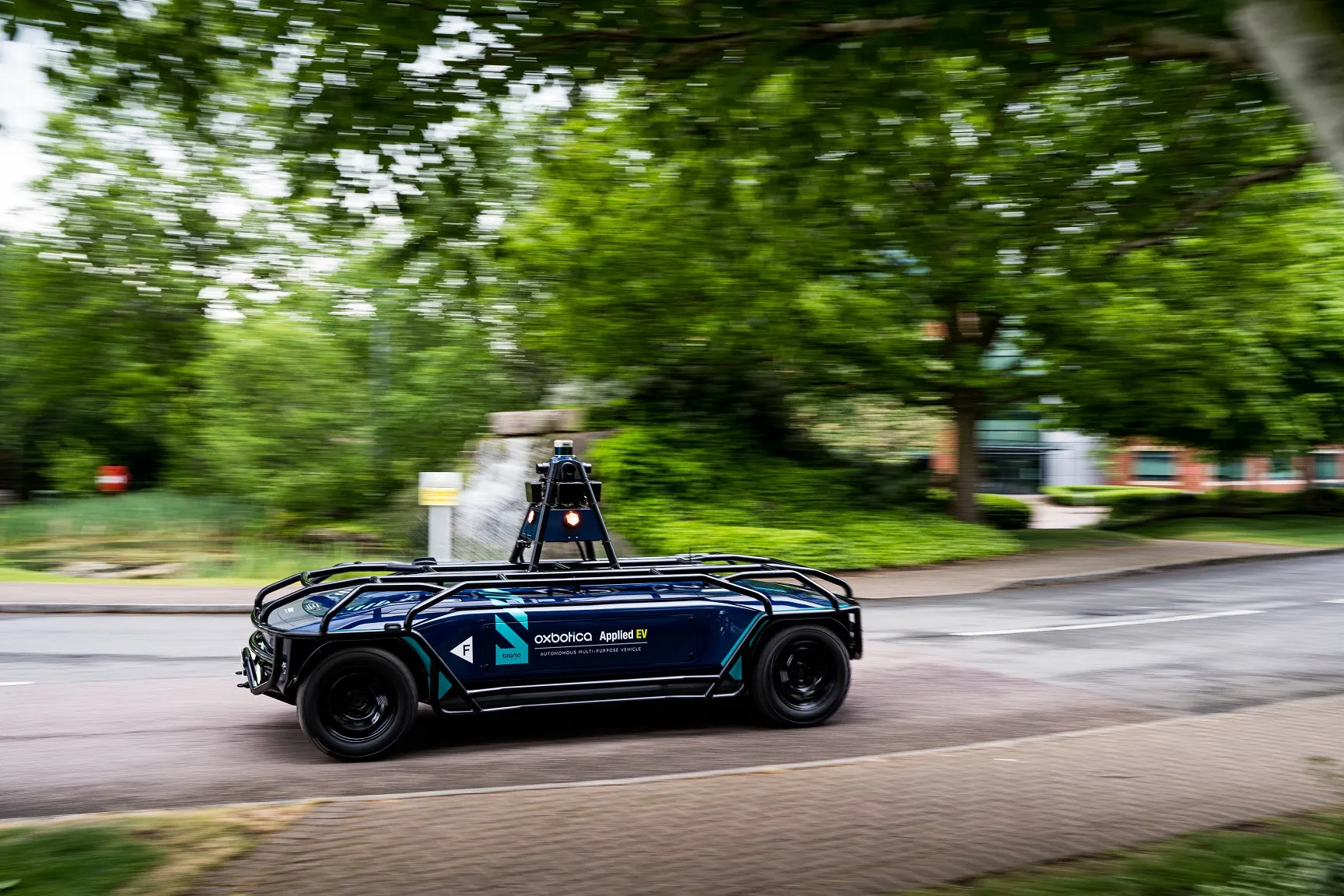According to a new position paper from the International Association Of Public Transport (UITP), autonomous vehicles (AVs) will lead to a dystopian future of even more private car traffic on the road unless they are put to use in shared fleets and integrated with traditional public transport services.
The paper, ‘Autonomous vehicles: a potential game changer for urban mobility,’ indicates that, despite the risk of increased congestion due to car travel becoming even more comfort
January 17, 2017
Read time: 3 mins
According to a new position paper from the 3833 International Association Of Public Transport (UITP), autonomous vehicles (AVs) will lead to a dystopian future of even more private car traffic on the road unless they are put to use in shared fleets and integrated with traditional public transport services.
The paper, ‘Autonomous vehicles: a potential game changer for urban mobility,’ indicates that, despite the risk of increased congestion due to car travel becoming even more comfortable and attractive, an alternative exists. If AVs are used in shared fleets as ‘robo-taxis,’ mini-buses or in car-sharing fleets, UITP believes they could dramatically reduce the number of cars on the road by reaching people and places it was too difficult to before, plugging first/last-mile gaps and feeding into public transport trunk lines.
The paper says shared fleets, integrated with traditional public transport offer the possibility of a better urban future, cutting noise and environmental pollution, improving traffic efficiency and parking and in the process liberating vast amounts of urban space for other purposes. “When 1.2m people around the world die each year in car-related deaths, 90 per cent of which are due to human error, the road safety benefits are also significant,” said UITP secretary general, Alain Flausch.
Ensuring the successful roll-out of AVs, which are already being trialled in many cities, is also contingent on the use of fully driverless operation, without which AVs will not be able to form a new mode of transport and would be unable to enhance existing public transport.
Public authorities must take an active role in the roll-out of AVs to ensure their shared use with measures to encourage shared mobility and limit single car occupancy, such as road pricing or taxation and provide ‘Mobility as a Service’ platforms. Trials should also begin on public roads to see how best to integrate AVs into the mobility eco-system and preparations made for the impact on employment as some driving jobs could disappear and others needing specific skills could arise.
“AVs are a potential game-changer for urban mobility and cities and countries must act now to shape their roll-out,” concluded Mr Flausch. “AVs offer the chance for a fundamental change – as a key part of tomorrow’s integrated transport systems with public transport as a backbone – but if we do not act now vehicle automation might even further increase the volume and use of private cars with all of the associated negative externalities”.
The paper, ‘Autonomous vehicles: a potential game changer for urban mobility,’ indicates that, despite the risk of increased congestion due to car travel becoming even more comfortable and attractive, an alternative exists. If AVs are used in shared fleets as ‘robo-taxis,’ mini-buses or in car-sharing fleets, UITP believes they could dramatically reduce the number of cars on the road by reaching people and places it was too difficult to before, plugging first/last-mile gaps and feeding into public transport trunk lines.
The paper says shared fleets, integrated with traditional public transport offer the possibility of a better urban future, cutting noise and environmental pollution, improving traffic efficiency and parking and in the process liberating vast amounts of urban space for other purposes. “When 1.2m people around the world die each year in car-related deaths, 90 per cent of which are due to human error, the road safety benefits are also significant,” said UITP secretary general, Alain Flausch.
Ensuring the successful roll-out of AVs, which are already being trialled in many cities, is also contingent on the use of fully driverless operation, without which AVs will not be able to form a new mode of transport and would be unable to enhance existing public transport.
Public authorities must take an active role in the roll-out of AVs to ensure their shared use with measures to encourage shared mobility and limit single car occupancy, such as road pricing or taxation and provide ‘Mobility as a Service’ platforms. Trials should also begin on public roads to see how best to integrate AVs into the mobility eco-system and preparations made for the impact on employment as some driving jobs could disappear and others needing specific skills could arise.
“AVs are a potential game-changer for urban mobility and cities and countries must act now to shape their roll-out,” concluded Mr Flausch. “AVs offer the chance for a fundamental change – as a key part of tomorrow’s integrated transport systems with public transport as a backbone – but if we do not act now vehicle automation might even further increase the volume and use of private cars with all of the associated negative externalities”.








